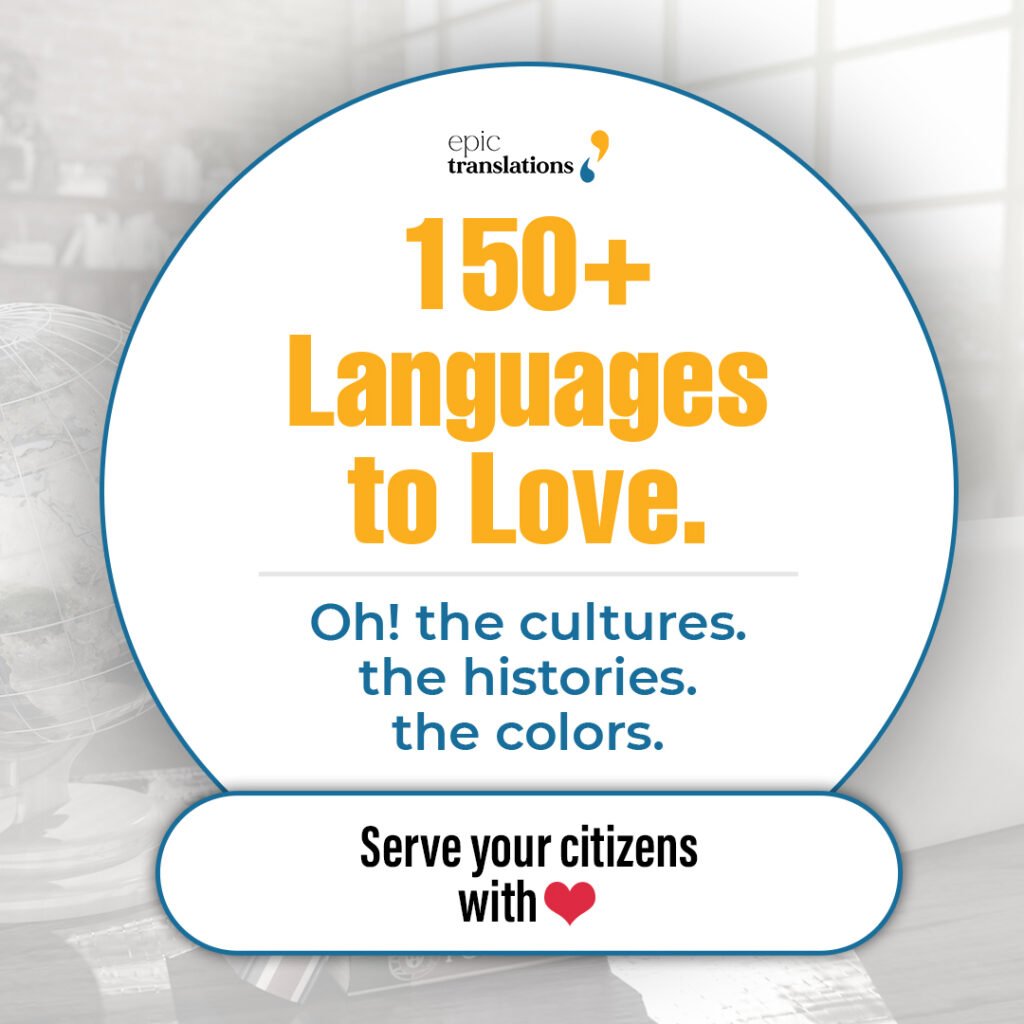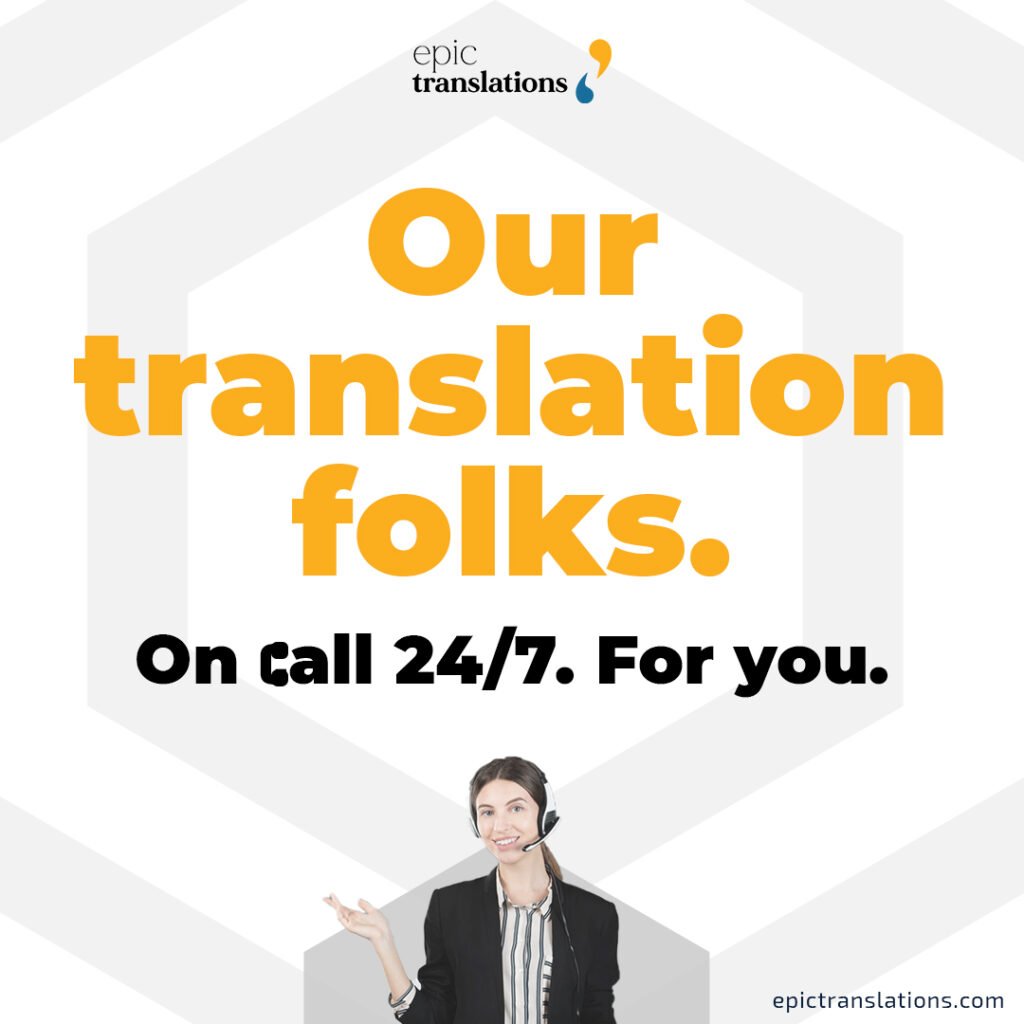
In recent years, advancements in Artificial Intelligence (AI) translations have significantly transformed the translation landscape, offering faster and more cost-effective solutions for managing vast quantities of multilingual content. However, for government agencies tasked with translating sensitive or complex materials, relying solely on AI translation tools can lead to inaccuracies that may compromise the integrity of the content. This is where human oversight plays a pivotal role in ensuring the translation of documents meets the highest standards of accuracy and cultural relevance.
As a government purchasing specialist, understanding the balance between AI capabilities and human expertise is essential to securing the best value proposition when procuring translation services for your organization.

The Evolution of AI Translation in Government Workflows
AI-driven translation tools, such as neural machine translation (NMT), have made it easier than ever to translate content into multiple languages. For example, when processing large volumes of documents for translation, AI systems can quickly produce rough drafts in multiple languages, including Japanese. However, while these systems are effective for speed, they often fail to grasp nuanced meanings, cultural sensitivities, and domain-specific terminology.
For instance, translating a legal document from English to Japanese requires not just linguistic accuracy but also a deep understanding of Japanese legal terms and cultural context. A Japanese translator with expertise in the subject matter can catch errors and refine the text, ensuring that the final translation is both precise and legally sound.
Why Human Oversight is Essential
1. Ensuring Contextual Accuracy
AI translation tools often struggle with context, leading to errors that can be misleading or even harmful. For example, a single word in Japanese may have multiple meanings depending on the context. A human translator can interpret the text correctly, ensuring that the translation of the documents conveys the intended meaning.
2. Maintaining Confidentiality
Government agencies frequently handle sensitive information, such as classified documents or legal contracts. AI tools, especially those relying on cloud-based processing, may pose security risks. Working with professional translators who prioritize confidentiality ensures sensitive documents for translation remain secure.
3. Addressing Cultural Sensitivities
When translating for diverse audiences, cultural nuances must be carefully considered. A Japanese translator with cultural expertise can adapt the translation to resonate with the target audience, avoiding missteps that could lead to misunderstandings or offense.

Best Practices for Government Specialists in Procuring Translation Services
1. Assess the Complexity of Your Documents
Before choosing a vendor, evaluate the complexity of the documents for translation. Technical, legal, or culturally sensitive materials often require the expertise of a human translator to ensure precision.
2. Prioritize Quality Over Cost
While AI translations can lower costs, they may require significant post-editing by humans to meet quality standards. Investing in services that combine AI efficiency with human oversight can deliver better long-term value.
3. Select a Vendor with Certified Translators
For government work, partnering with a vendor that provides certified professionals, such as a Japanese translator with subject matter expertise, ensures that the translation of the documents is accurate and compliant with your organization’s requirements.
4. Inquire About Hybrid Solutions
Many vendors now offer hybrid translation models, where AI tools generate initial drafts and human translators refine the output. This approach combines speed with quality, making it ideal for time-sensitive government projects.

Examples of Human Oversight in Action
Case Study: Legal Document Translation
A government agency needed to translate a set of complex legal documents into Japanese for an international agreement. An AI tool provided a rough draft, but it required extensive revisions by a professional Japanese translator to ensure that the legal terminology and cultural nuances were accurately conveyed. Without human oversight, the AI-generated translation would have jeopardized the clarity and credibility of the agreement.
Case Study: Public Health Campaign Materials
When translating public health brochures into multiple languages, including Japanese, human translators played a crucial role in adapting the content to align with cultural norms. This ensured the materials were not only accurate but also impactful for the intended audience.
Conclusion: A Balanced Approach for Government Success
For government purchasing specialists, the key to effective translation of documents lies in leveraging the strengths of both AI and human translators. AI tools can streamline workflows, but human oversight ensures the final translation meets the high standards of accuracy, security, and cultural sensitivity required for government use.
By prioritizing vendors who offer hybrid solutions and certified professionals, such as expert Japanese translators, you can ensure your agency achieves the best value while maintaining the integrity of its multilingual communications.
When procuring documents for translation, remember: AI may be the tool, but human oversight is the strategy that guarantees success.
Break Language Barriers Effortlessly with EPIC Translations
With over 20,000 vetted and experienced translators, proprietary AI powered translation system, and our proprietary project coordination system, we make seamless communication with your multilingual stakeholders a reality. Whether it’s onsite / video interpreting, product manuals, company newsletters, app or website content, or legal documents, our professional translation services deliver unmatched accuracy and cultural relevance—economically and efficiently.
Ready to take your multilingual communications to the next level? Partner with EPIC Translations and experience how our cutting-edge translation services can amplify your message.
Don’t wait—fill out the brief form to see how we can help!